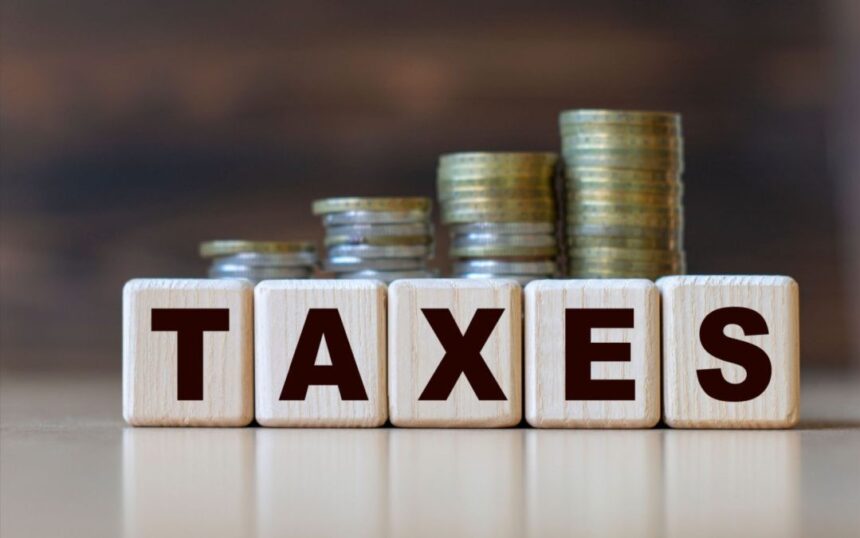Ghana forfeited GH₵4.6bn ($382m) in tax expenditures in 2023, a marginal decline of 4.2% from the GH₵4.8bn recorded in 2022, according to figures from the finance ministry.
While the reduction signals modest progress, the scale of tax exemptions dominated by import duty waivers continues to raise concerns over fiscal sustainability and revenue mobilisation efforts.
Tax expenditures represent revenues forgone due to preferential fiscal treatment, including exemptions on domestic and import duties.
Import exemptions remained the largest component, amounting to GH₵3.5bn, or 77% of total tax expenditures.
Domestic indirect tax exemptions stood at GH₵809m, while domestic direct tax exemptions reached GH₵264m.
Import-related exemptions have been on an upward trajectory, increasing from GH₵2.4bn in 2021 to GH₵3.5bn in 2023.
Parliamentary exemptions alone accounted for GH₵1.7bn representing 37% of total tax expenditures and nearly half of all import-related waivers.
Parliamentary exemptions, granted through legislative resolutions, apply to a wide range of publicly financed or state-guaranteed projects, often funded by loans, aid, or grants.
These exemptions also extend to benefits for lawmakers and Council of State members, including vehicle tax waivers.
In 2023, key beneficiaries of parliamentary exemptions included:
Mining companies: GH₵1.3bn
Grant-funded projects: GH₵460m
One District One Factory (1D1F) initiative: GH₵40.9m
Vehicle tax waivers for MPs and Council of State members: GH₵3.9m
The World Bank has persistently urged Ghana to rationalise its import duty exemptions, cautioning that excessive waivers erode the country’s revenue base.
Similarly, the opposition NDC in the 8th Parliament opposed specific exemptions, particularly those related to the 1D1F programme, arguing they disproportionately benefit a select few while constraining government revenues.
As Ghana grapples with economic headwinds, the government faces the challenge of balancing investment incentives with the need to safeguard fiscal revenue.






